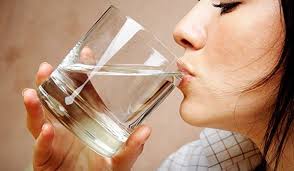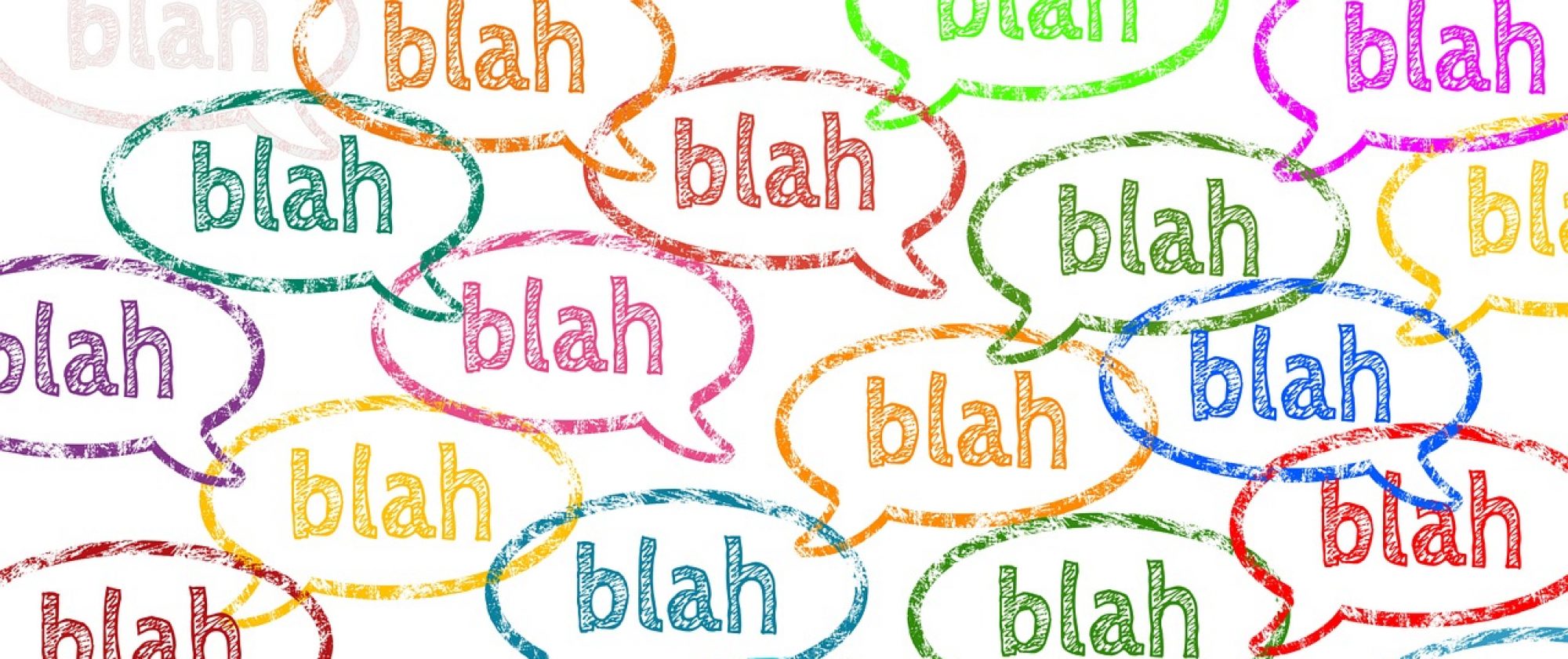 The answer to what helps with dry mouth depends on the cause of the problem. Generally, treating dry mouth focuses on three areas: preventing tooth decay, managing medical conditions which are causing the dry mouth, and increasing the flow of saliva in the mouth.
The answer to what helps with dry mouth depends on the cause of the problem. Generally, treating dry mouth focuses on three areas: preventing tooth decay, managing medical conditions which are causing the dry mouth, and increasing the flow of saliva in the mouth.
One of the primary problems that can occur with dry mouth is tooth decay. Saliva not only helps you chew your food and swallow it, it also helps with digesting that food. Saliva is the natural cleanser for your mouth and without enough saliva, you may be prone to more gum disease and tooth decay. If you have dry mouth, you must be even more vigilant about dental hygiene. This includes brushing your teeth at least twice a day, preferably after every meal and before you go to bed. You must also floss your teeth every day and use a toothpaste which contains fluoride. It is also important that you visit your dentist regularly, but at least twice a year.
If your dry mouth is a result of medication, your doctor or dentist may consider making a change. Dry mouth is a common side effect of certain drugs, including those used to treat anxiety, depression, allergies, pain, urinary incontinence, diarrhea, and Parkinson’s disease. Your medical provider or dentist may change the dosage or put you on another medication.
If it is not possible to change the underlying condition causing the dry mouth, then your doctor or dentist will need to focus on treating the dry mouth and increase the flow of saliva in your mouth. Medical conditions which cannot be changed include damage to the salivary gland from chemotherapy or radiation or dry mouth which is a result of the disease itself, such as Alzheimer’s disease, Sjogren’s syndrome or stroke.
Your dentist or doctor may prescribe the use of products that act as artificial saliva agents. These are usually over-the-counter products and are available as a spray or a rinse. There are some toothpastes, moisturizing gels, and mouthwashes which are formulated specially to help treat dry mouth.
Your dentist or medical provider may also prescribe Salagen which is a medication which helps increase the natural production of saliva. If you have an auto-immune disease or Sjogren’s syndrome, both of which are associated with dry mouth, dry eyes, muscle pain, and dry skin, your doctor may prescribe Evoxac, a drug approved by the FDA for use in people with these conditions.
To know what helps with dry mouth, you can do research to determine steps you can take. It helps to drink a lot of water throughout the day. It also helps to suck on sugar-free hard candies, sugar-free popsicles, or ice chips. Never chew on the ice. It can also help to moisten foods with soups, sauces, gravies, or butter before eating and to eat foods at room temperature. Try and not use commercial mouthwashes or rinses which contain peroxide or alcohol and avoid salty or dry foods, including dried fruit, meats, and breads.
Treating excessive dry mouth is possible, but be sure and discuss all treatments with your dentist or medical provider. Visit your dentist regularly and practice good oral hygiene.

